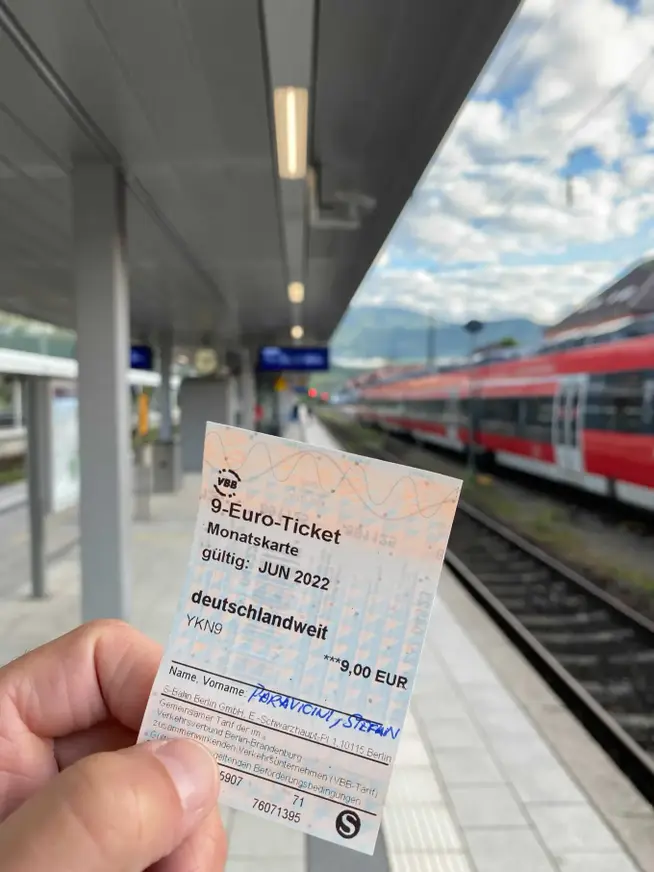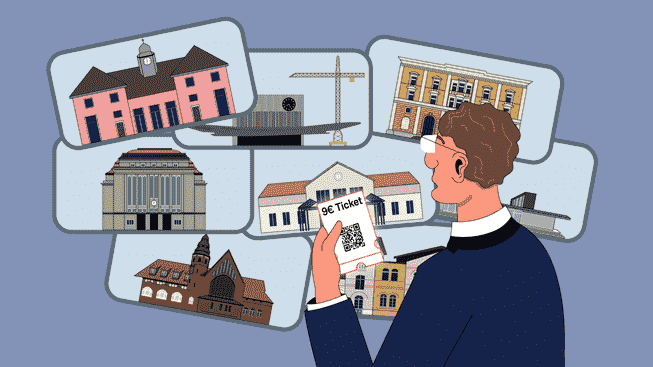The “nine euro ticket” has been valid on Germany’s buses, trains and local trains since June 1st. Our author drove through Germany in one day – and the trip went better than expected. But the real stress test is yet to come.
Our author was on the road for more than 15 hours with the nine-euro ticket and had to change trains six times.
“It’s going to be horrible,” says the conductor on the regional train from Munich to Regensburg on Wednesday morning. It’s day one of the biggest experiment in Germany’s local public transport to date: the new nine-euro ticket has been valid across the country for a few hours, with which you can use almost all regional trains, buses and trains for a month. And I want to drive it from the Alps to the Baltic Sea. Six changes, almost 100 stops and more than 15 hours travel time: what could possibly go wrong? Measured against the bad reputation of Deutsche Bahn, surprisingly little, as will become clear in the course of the day.
Supported by the federal government with 2.5 billion euros in tax money, the offer, which is limited to three months, is intended to relieve inflation-plagued households in the short term and motivate them to switch to local public transport in the long term. But in addition to criticism of the accuracy of the measure – parallel to the nine-euro ticket, the federal government is also reducing the prices at the pump, which in turn makes driving more attractive – there are also doubts as to whether the additional demand could not overwhelm the system.
30 million cheap tickets
The association of transport companies expects 30 million users of the new ticket. On the Munich-Regensburg route alone, up to 1.8 million users of the offer could be on the move this Pentecost weekend, predicts the conductor from the regional train in Bavaria. “It’s going to be absolutely horrific,” she says again.
For me, this morning’s drive is already the second stage of my journey. Two hours earlier I set off from Garmisch-Partenkirchen in the very south of the country and want to make it to Bergen on the island of Rügen before the end of work.
Garmisch
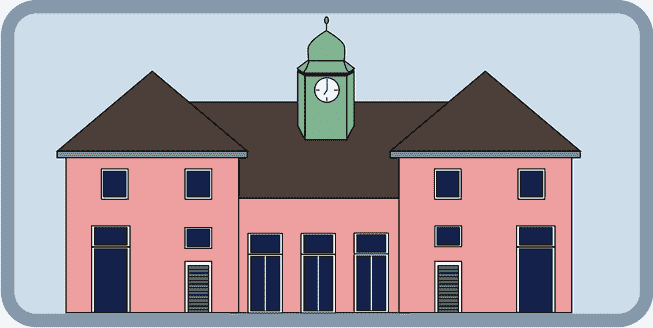
The first descent is at 7.02 am sharp. The Alpine panorama with the Zugspitze in the morning sun offers a majestic view over the first few kilometres. Almost all of the experienced passengers on the commuter train are looking at their cell phones. The students on the train are also not interested in talking about the new ticket. “We have our ticket from the school,” they say in unison.
The first announcement comes half an hour after the start of the journey. The onward journey in Murnau was delayed by five minutes, “we are waiting for the late return train”. If it stays that way, I have just under ten minutes to change trains in Munich. Not convenient, but doable. A few kilometers further on, the train has almost made up for the delay. Railway boss Richard Lutz can only dream of this in long-distance traffic. He has just radically cut his company’s punctuality targets.
Market research for the Minister
Shortly before Munich, the train has filled up. Is that already the nine-euro effect? “When I drive this route, it’s actually always busy,” says a fellow passenger. “I thought I wouldn’t get on the train today, but it seems to work.” The conductor explains that she has already seen some of the discounted new tickets. Federal Transport Minister Volker Wissing (FDP) wants to know more about it and has the introduction of the ticket accompanied by market researchers. In the next three months he wants to gain insights into what motivates citizens to switch to local transport and what is holding them back.
Munich
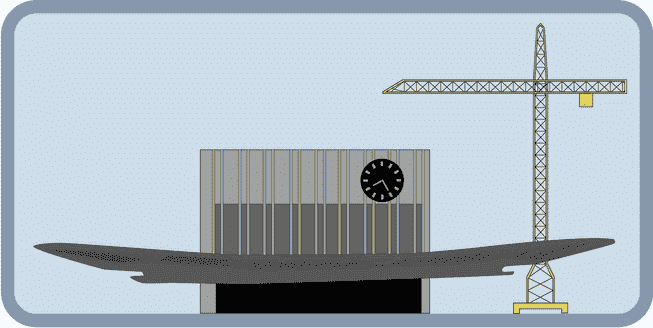
The connecting train from Munich to Hof is already much more occupied, I can still find a place in the bicycle compartment, the most competitive zone in public transport in Germany. A maximum of twelve bikes should find space here. At the departure in Munich it is a bicycle, two folding bikes and two strollers. The remaining seats are occupied. The discussion about where to put the bikes is likely to get heated in the summer. “The first thing that will stop are the bicycles,” predicts the train attendant for the upcoming Pentecost weekend.
The transitions between local and long-distance transport are fluid, as the passenger next to me proves. She can only smile about my trip to Rügen. She has just come back to Germany from Morocco by ferry and train and is using the nine-euro ticket for the last leg on her way to Berlin. “I think train travel is great,” she says. I write that down because I rarely hear it in Germany.
A couple from Munich uses the new ticket for a trip to Chemnitz to visit the art collections there. In the past few days, acquaintances to whom they have told about their travel plans have flooded them with nasty jokes about the train. Your first impression of public transport is nevertheless positive. “Quiet, clean and punctual,” says the man. Incidentally, one of the common jokes in this country is about the four biggest enemies of Deutsche Bahn: spring, summer, autumn and winter.
Is it about the refugees or the climate?
One criticism of the nine-euro ticket is that the measure and the political goal of the traffic light coalition do not go together. But in order to do that, one would first have to know the goal of the federal government. Is it primarily a matter of relieving people financially or accelerating the turnaround in transport necessary for the climate goals? Even on the regional train to Hof, not everyone is aware of this.
A fellow traveler suggests that the idea came about to make mobility within Germany easier for refugees from Ukraine. But wasn’t the nine-euro ticket more of a reaction from the Greens to the FDP’s tank discount? The lack of clarity does not harm the acceptance of the new ticket. Only about five out of a hundred people on the train would have anything other than a nine-euro ticket or a subscription, says the conductor, who has now got an overview of the travel company on the train. Only a handful of people bought a normal ticket in first class.
Shortly before the stage destination in Hof, a meditative calm has returned to the train. You can only hear quiet conversations, the lighting is pleasantly dimmed, the air conditioning works. In this state, I even dare to follow Federal Transport Minister Volker Wissing from the FDP, who asked for more composure and consideration in local transport after the resolution of the nine-euro ticket in the Federal Council. “We may have to smile at one point or another if you can’t take a train and are waiting for the next one,” he said, referring to the expected bottlenecks.
court
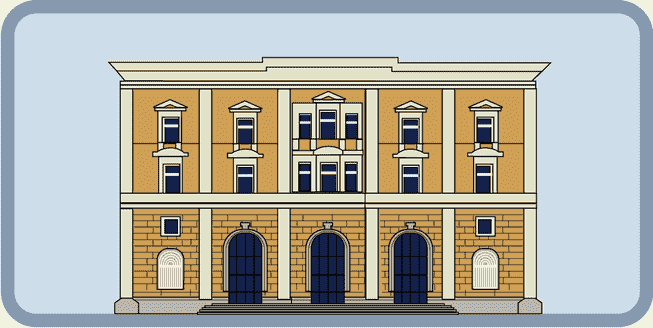
At first nobody smiles on the regional train from Hof to Leipzig. The railcar is already filled to capacity when it leaves. “The bike can’t stay in the aisle,” the conductor explains to a man. “Then you should organize a bigger train,” he grumbles back. “Is the train going to Gera?” a woman asks, latently irritated, and receives no answer. Later, around 40 students get on. If you want to stretch out your arms or legs now, you have to talk to your fellow passengers.
On my journey away from the high-speed routes, I pass through sparsely populated regions, which are examples of another point of criticism of the nine-euro ticket: instead of boosting demand in metropolitan areas with a ticket at almost zero cost, it would be better to use the billions in taxes used to increase the supply in the poorly supplied regions of the country can be improved. Local transport could become more attractive everywhere.
Leipzig
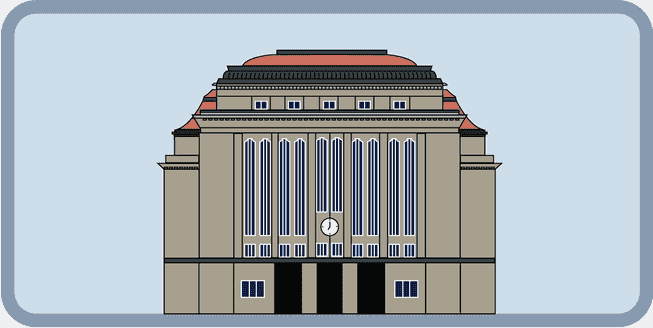
After arriving in Leipzig, in the largest terminal station in Europe, the journey continues with the S-Bahn. There I meet an acquaintance from the previous regional train. The new pensioner made his way to Sonthofen, the southernmost city in Germany, shortly after 6 a.m. He calculates that he saves more than 100 euros on petrol when he visits his family by train. At the latest after the discounted offer expires in September, he will be back on the road.
It might actually work
The change in Bitterfeld to the S-Bahn to Wittenberg then works just as easily as later the tightest change to the regional train to Stralsund. After ten hours on Deutsche Bahn public transport, I believe for the first time that I could actually make it to Rügen on schedule. Anyone who lives in Switzerland will hardly be able to understand my amazement. But what is a matter of course in the model country of local public transport – once across the country without delay – borders on a miracle in Germany.
About 150 kilometers before the finish line, it gets exciting again in Mecklenburg-Western Pomerania. Because in Pasewalk, the regional train is ten minutes late because it has to overtake a delayed express train. The connection in Stralsund is shaky, but the train attendant announces the travelers to Rügen, and the regional train to Sassnitz is kind enough to wait. “Nemwa still with me,” says the train attendant, meaning a gentleman with a fishing rod and flip-flops.
mountains on Ruegen
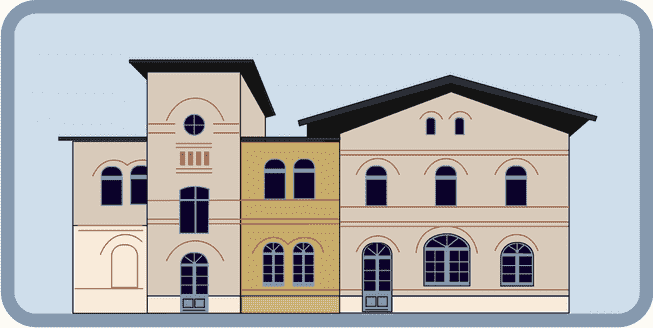
I have arrived at the Baltic Sea. At 10:29 p.m. I am standing on the platform in Bergen, both puzzled and relieved. The delay is one minute. I had firmly expected that I would break down somewhere on the route and would have to bivouac. The editors may have even hoped a bit, for the sake of the report.
The Pentecost weekend will be the real stress test
The “horror” that the conductor had predicted in the morning will probably not be absent in the next three months. That was already indicated on my journey. The journey from the Alps to the Baltic Sea has shown that rail traffic in Germany is more resilient than its reputation – at least on a working day and if you are not traveling in the ICE. But even on the Pentecost weekend, local transport routes to popular destinations by the sea and in the Alps as well as in the surrounding areas of metropolitan areas are likely to be tight.
By the way, on Rügen, a railcar that was already being used as a workshop replacement gave up on the first day of the nine-euro campaign. The customers of the Ostdeutsche Eisenbahngesellschaft were therefore driven across the island in a large-capacity taxi until the railcar was ready for use again in the early afternoon.
